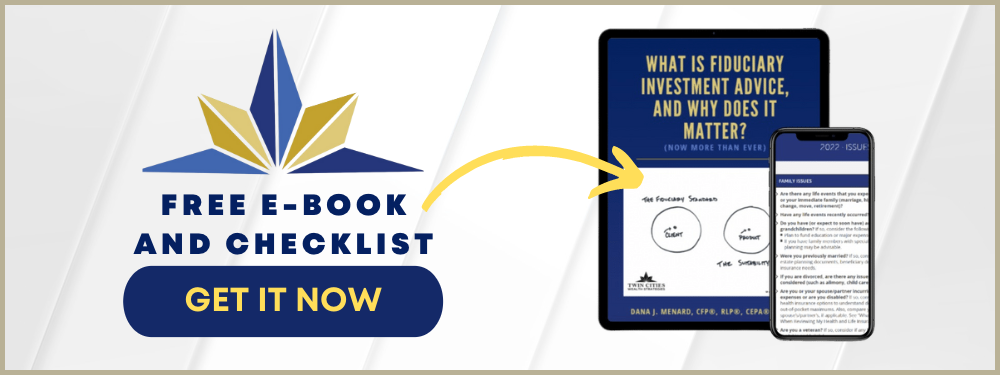Over the last few decades, life insurance has evolved from the old-fashioned whole life policies made popular by your grandparents into a dynamic tool used in various financial planning applications. While still valuable for financially protecting your family if something were to happen to you through death benefits, life insurance has become a critical component to different estate planning techniques, wealth transfer vehicles, income production, and a whole host of others.
Estate Planning
Aside from the obvious death benefits, life insurance can also be used in many advanced estate planning techniques. It can help replace assets lost to estate taxes or after a sizable charitable donation of highly appreciated assets, equalize an inheritance between multiple beneficiaries, and establish life insurance trusts that can provide unique tax efficiencies. Due to the complex nature of these techniques, it is recommended you speak with an estate planning professional to make sure you abide by the applicable federal and state tax laws.
Funding College
Higher education costs have been growing at a rate at least twice as fast as average inflation. Finding new and effective ways to fund college for children and grandchildren can be challenging to say the least. Life insurance, however, can prove to be extremely helpful for grandparents wanting to establish a college fund for their grandkids.
If grandparents don’t think they’re going to live long enough to see their grandkids enter college, they can establish life insurance trusts that are designed specifically for higher education. Every year, they can take advantage of their annual gift exclusion to pay for the premiums on the life insurance policy that will pay out a death benefit upon their passing for the specific purpose of funding higher education for their grandchildren. All gifts and benefits can be free of estate, gift, and generation-skipping taxes if established correctly.
Added to proper college planning, it can be quite beneficial. However, beware of the life insurance salespeople trying to get you to buy an expensive life insurance policy as a way to shelter assets from the FAFSA or the EFC calculation. The cost-benefit of that strategy is rarely beneficial unless you’re also the insurance agent making a fat sales commission.
Business Succession Planning
A family-owned business presents unique challenges from a financial planning perspective. When parents want to transfer ownership of a business to their children upon their passing, the business itself can be a sizable portion of their assets that could create estate tax issues. Also, if one or more of the children might not want to become an owner in the business, it could create a lopsided inheritance between children that retain ownership and others that do not.
Life insurance can replenish an estate with what it would lose by paying estate taxes on the value of the business and generate liquidity that can be used as the inheritance for a child that does not want to retain ownership. It can also simply create working capital for the children to use while they attempt to sell the business or restructure it.
Would you like to review your life insurance policies to see if you are adequately insured or paying too much? Want help with your financial plan? We’re here to help! Just click here or call (763) 445-2772 to schedule a time to chat!


